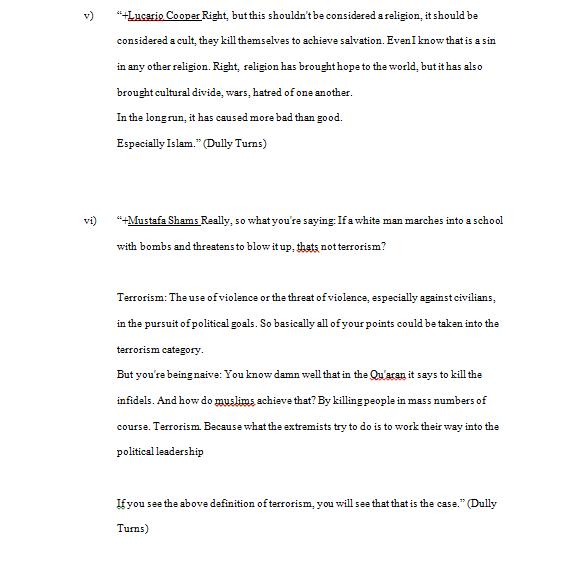When it comes to a common philosophical ground, our ‘pilgrims’ can’t seem to lay a finger on one similar viewpoint. The shades of the clouds, the flow of the breeze; the gleam of the stars - seem to direct them to 4 different cardinal directions. Hatim wanted to walk towards the Northern horizons, Dudi wanted to hike up the Southern mountains, Aqwa wanted to swim across the Western oceans; while Acap wanted to soar above the Eastern skies. Though they finally settle on the Islamicization of Knowledge (IOK) as their philosophical ground, how they personally perceive the philosophy is different. Each of them has their own argumentative stand on the philosophy – which ultimately shapes and colours the unique individual paths of their common “pilgrimage”.
Generally, Islamicization of Knowledge is generally defined as, “the variety of attempts and approaches to synthesize the ethics of Islam with various fields of modern thoughts”. The general definition gives them a basis to the fundamentals of IOK – that Islamization bridges spirituality with humanity. Yet, the 4 of them, as mentioned before, perceive it distinctively – not on what the philosophy is; but on how it should be understood.
Acap personally defined Islamicization of Knowledge as, “a scholarly movement which is important to re-integrate the severed link between religious spirituality and intellectual productions – a way to vaccinate the virus which secularizes religion from human knowledge. Because secularism is the separation of religion and the worldly pursuits, choosing either the former or the latter is secularism”.
Aqwa has a different definition. He personally defined Islamicization of Knowledge as, “an idealistic movement to represent Islam as an all-encompassing social system without a practical methodology regarding its implementation and application. A movement with much needs; much rooms for improvement in terms of practicality. Because without practicality, what’s the need of a philosophy? How is the philosophy more than just a philosophy?”
Hatim on the other hand, defined Islamicization of Knowledge as, “a promising approach to counter the secularist movement propagated by Muslims and non-Muslims of the ‘modern world’. Yet, the understanding regarding the philosophy is very low – giving it much opportunity to be attacked and disregarded. There are so much different understandings regarding the philosophy that it can turn into misunderstanding.”
Dudi also has his own definition. He defines Islamicization of Knowledge as, “A form of criticism towards the current perception of religion towards human values. The people who focuses on religious knowledge seem to separate humanistic values from it – making religion appear obsolete to proponents of human progression. The philosophy criticizes – intellectually, spiritually.”
Though our pilgrims walk together in this journey, they still stand as unique individuals of their own – with distinct weltanschauungs on how life should be travelled. To them, each person should have their own freedom to choose a path from the many roads to reach a common sanctuary of intellectual-spiritual enlightenment – the state of ‘literacy’. Hence, they argue, they debate; they criticize each other’s point of views – so that they can learn and help each other cross the different obstacles each of them have. And perhaps, criticism is also what the philosophy needs in order to be improved and ‘perfected’. Though the philosophy is a form of criticism itself, why should it not be criticized if that creates a path for it to be better?
Our pilgrims stand by the philosophy of Islamicization of Knowledge as they continue their pilgrimage – as they put their feet closer towards literacy.
- http://en.wikipedia.org/wiki/Islamization_of_knowledge

.jpg)


















































